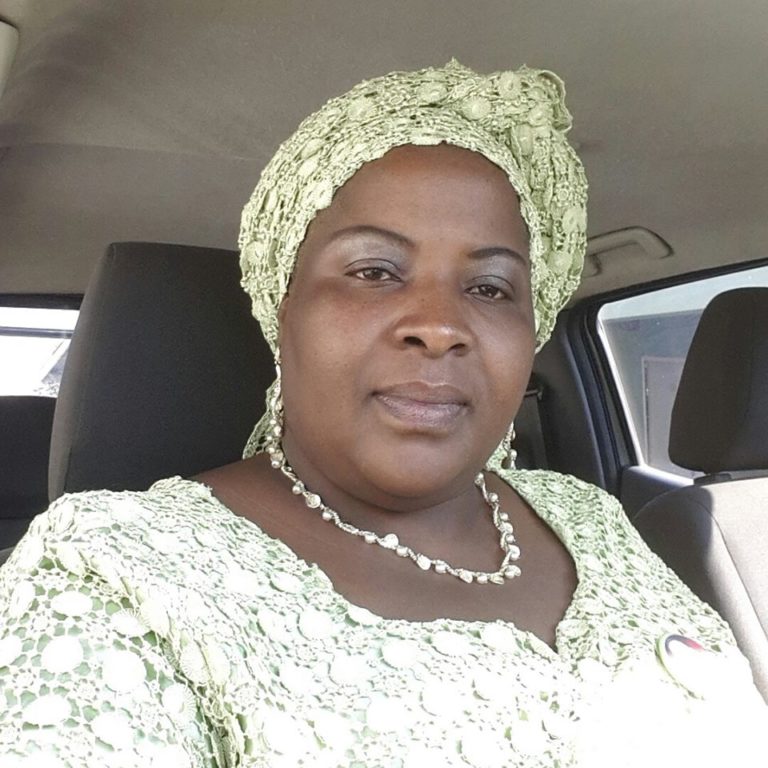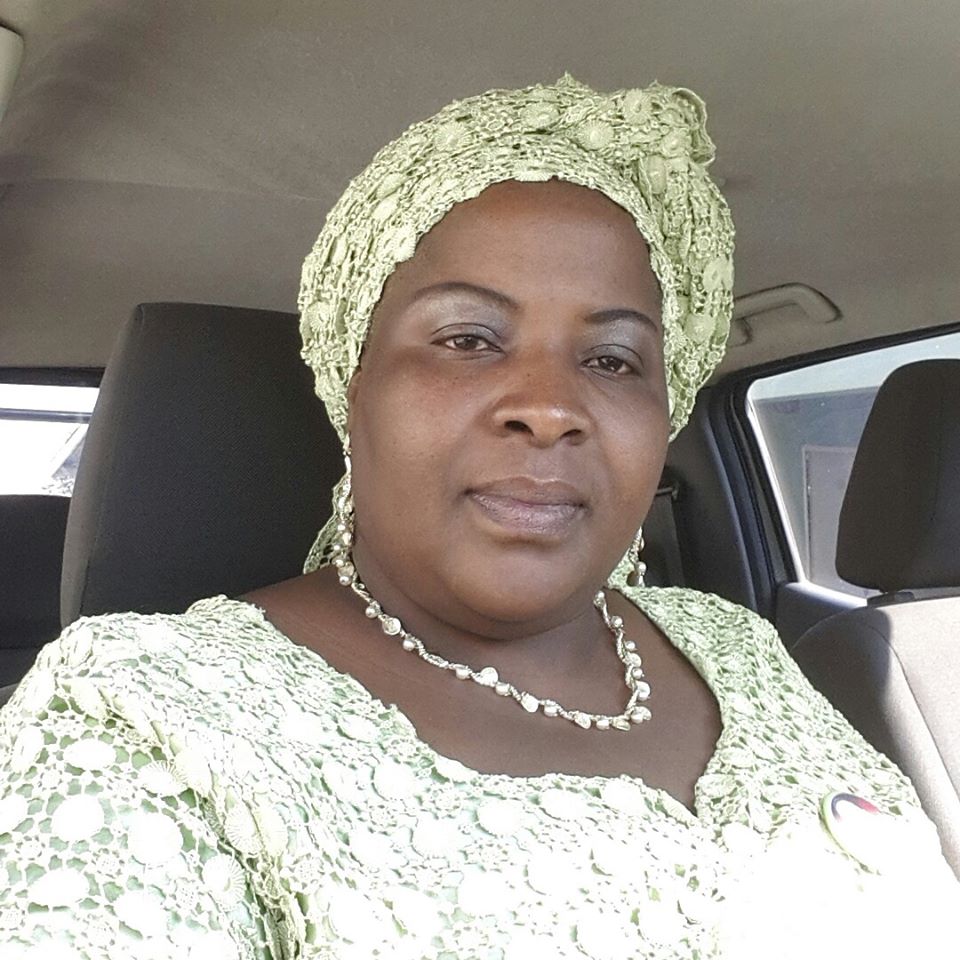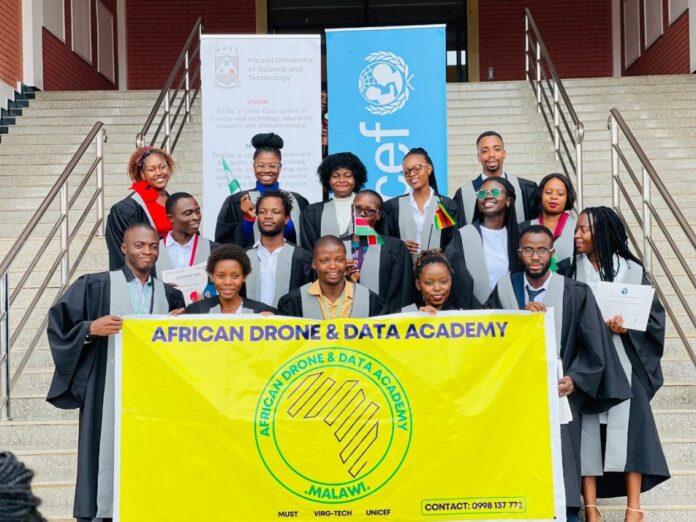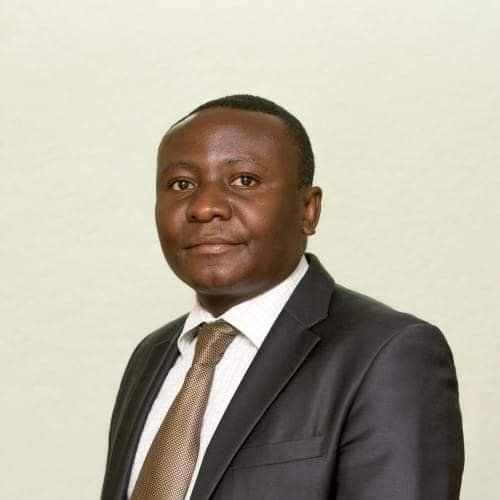By Staff Reporter
The leader and overseer of God’s Will Church of All Nation Prophet Frank Zebron has described Malawi as a cursed Nation following increase cases of money laundering, corruption and fradulent people in various government offices.
Zebron said this in reaction to the recent scandal at Chingeni Toll gate where huge some of money is suspected to be looted by officials.
He added that, Malawi has all it requires to develop but due to rampat corruption, it has swept away all developmental elements to dead shore.
“We need prayers, and political leaders should call men and women of God from all regions of the country to intervene with prayers and ask for proper guidance” he said.

Prophet also pointed out that Malawian leaders should emulate the former Tanzanian President late Pombe Magufuli for his excellent dealing with corrupt malpractices, and fulfilling development promises .
He applauded him for sweeping all evil dealings with much sweated tax payers money, by putting good measures to control fradulent and corruption practices in all working environment.
” Am saying political leaders should take example of late Magufuli in running affairs of this country. Otherwise, we will continue to be cursed with extreme corruption practices” Worried he.
Malawi is one of least developed countries in the world and annually, it registers heavy looting of money by government officials.






